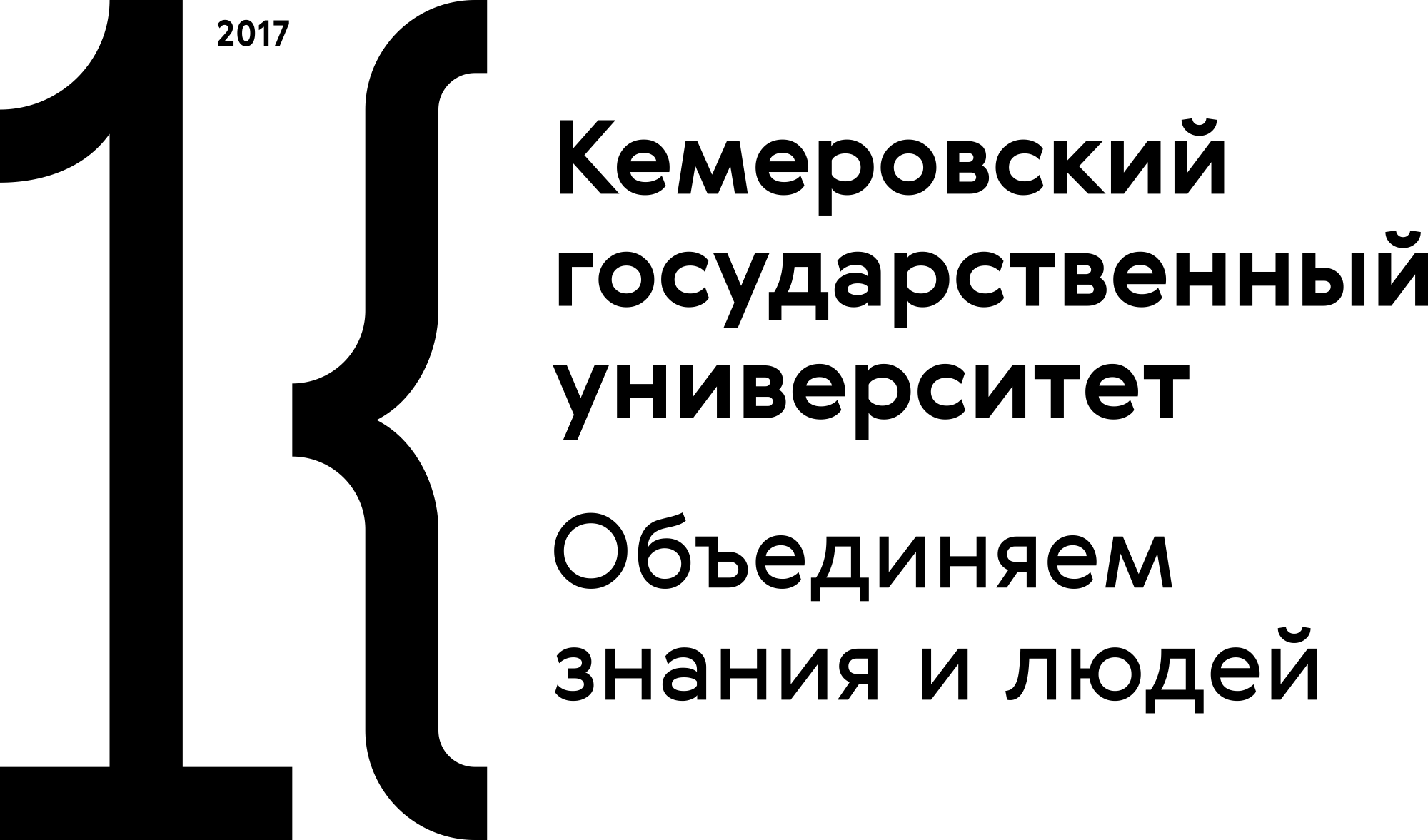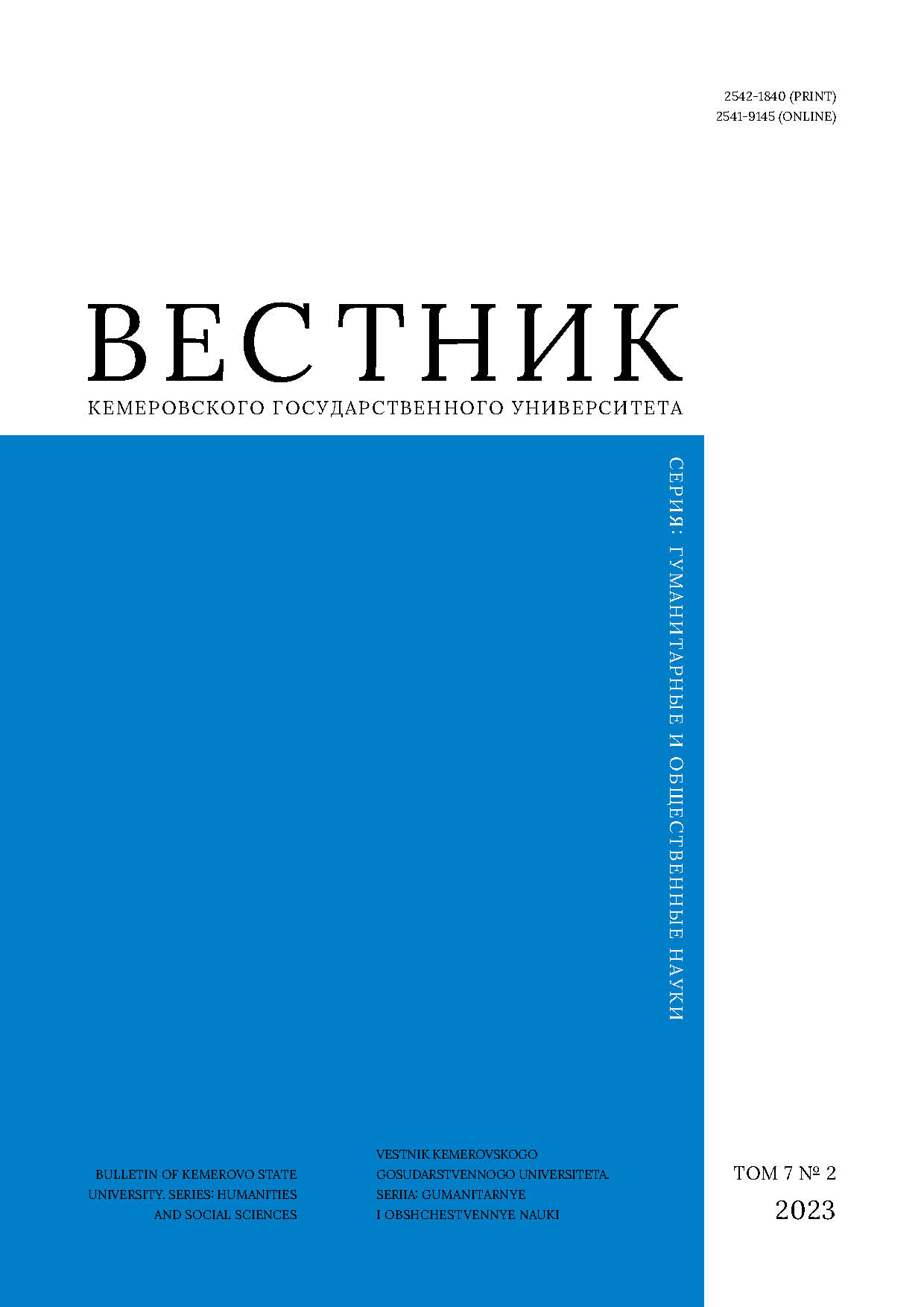from 01.01.1999 until now
Kursk, Kursk, Russian Federation
People's trust depends not only on the deputies of the State Duma that represent regions or municipalities. However, the relevance of the problem is connected with the opposition between institutions of collegiate and individual people's delegates. This study featured the constitutional and sectoral norms that govern the public relations in the system of public authorities. The author used the perspective of trust assurance to study the constitutional and legal regulation of public authorities and local self-government within the framework of public authorities. The study involved general scientific and special methods, e.g., comparative legal and dogmatic analyses, and described the relations between the federal authorities, the state power, and the local self-government. The analysis revealed a set of norms that allows for a reasonable compromise between the constitutional principles of the separation of powers and the unity of the system of public power. The author believes that the non-achievement criterion used for assessing the performance of municipal authorities should be removed. The right to express confidence or distrust is a power that belongs to the people's representation. It has uncertain legal consequences and cannot be associated with obligatory removal from office, forced resignment, and other legal forms of early termination of powers.
highest official, President of Russia, head of the municipality, people's trust, state authorities, local self-government bodies, public authorities
1. Davyborets E. N. "Phenomenon" of trust to Russia's president. Sociologicheskieissledovaniya, 2016, (11): 107-113. (In Russ.) https://elibrary.ru/wzjrzb
2. Edalov G. V. The law status of the President of the Russian Federation as the guarantee of the Russian Federation Constitution in the sphere of federal intervention. Biznes v zakone, 2009, (3): 22-24. (In Russ.) https://elibrary.ru/kohbmp
3. Panov A. A. Authorities of the President of the Russian Federation in the sphere of formation and activity of executive bodies of the subjects of Russian Federation. Vestnik Universiteta imeni O. E. Kutafina (MGIuA), 2018, (6): 56-67. (In Russ.) https://elibrary.ru/uvrrdg
4. Rachenkova O. N. Legal coordination in the mechanism of modern Russian federalism. Multiple states: experience and development prospects: Proc. All-Russian Sci.-Prac. Conf., Penza, 29-30 May 2019. Penza: PSU, 2019, 128-131. (In Russ.) https://elibrary.ru/fkvkjy
5. Kozlov T. L., Iliy S. K. Procuracy supervision over implementation of the laws on state and municipal service, combating corruption. Vestnik Advanced Training Institute of the MIA of Russia, 2016, (2): 33-43. (In Russ.) https://www.elibrary.ru/vytwnf
6. Kolomeyceva T. A., Svistunova L. Yu. Functions and guarantees of constitutional prohibitions and restrictions. Uchenye zapiski iuridicheskogo fakulteta, 2021, (3): 19-22. (In Russ.) https://www.elibrary.ru/houhox
7. Malyj A. F., Solomonov P. N. Application separation of the authority principle in the organizational structure of the Russian Federation subject. Eurasian advocacy, 2018, (2): 93-95. (In Russ.) https://www.elibrary.ru/xpbfgp
8. Rogozhina E. A. Territorial bodies of federal executive authorities. Regionalnye aspekty upravleniia, ekonomiki i prava Severo-zapadnogo federalnogo okruga Rossii, 2009, (1): 84-85. (In Russ.) https://www.elibrary.ru/ymddgq
9. Lolaeva A. S. "Government hour" as a form of parliamentary control in the subjects of the Russian Federation. Current state and prospects of development of Russian and international legislation: Proc. Intern. Sci.-Prac. Conf., Ufa, 10 Feb 2016. Ufa: Aeterna, 2016, 71-73. (In Russ.) https://www.elibrary.ru/vllszn
10. Komarova V. V. The constitutional system of power in the Russian Federation and the principle of separation of powers. Aktual'nye problemy rossijskogo prava, 2017, (9): 36-46. (In Russ.) https://doi.org/10.17803/1994-1471.2017.82.9.036-046
11. Usmanova E. F. Compliance with the rules of legal technique as a factor of improving the effectiveness of legislation. Simvol nauki, 2015, (11-1): 246-247. (In Russ.) https://www.elibrary.ru/vbrrsz
12. Popov E. A. Social and legal "eloquence" of the Russian Constitution. Sotsiologiia v sovremennom mire: nauka, obrazovanie, tvorchestvo, 2011, (3): 153-160. (In Russ.) https://www.elibrary.ru/qyqnev
13. Gritsenko E. V. Federalism and local self-government in the light of Russian Constitutional Reform 2020. Sravnitel'noe konstitutsionnoe obozrenie, 2020, (4): 80-97. (In Russ.) https://www.elibrary.ru/wucdnz
14. Khabrieva T. Ya., Sivitsky V. A. Federal Assembly in the year 2003: lawmakers' contribution in the development of the Russian federalism and local self-government. Journal of Russian Law, 2003, (12): 7-16. (In Russ.) https://www.elibrary.ru/qzcyst
15. Shchepachev V. A. The development of local self-governance - strengthening the foundation of the Russian federalism. Mestnoe pravo, 2016, (5): 13-22. (In Russ.)
16. Tobolkina A. S., Elkina A. V. Amendments to the Constitution of the Russian Federation 2020: nationalization of local self-government. International Law Journal, 2020, 3(1): 34-39. (In Russ.) https://www.elibrary.ru/yrklni
17. Obukhova G. N. Presumption of innocence in the process of bringing an employee to responsibility for non-performance or improper performance of their work duties. Problems of law enforcement in modern Russia: Proc. Sci.-Prac. Conf., Omsk, 27 Feb 2015. Omsk: OmSU, 2015, 357-360. (In Russ.) https://www.elibrary.ru/vpnzih
18. Kenya I. A. The practice of regulating the issues of granting local self-government bodies with separate state powers. Munitsipalnaia sluzhba: pravovye voprosy, 2009, (4): 2-7. (In Russ.) https://www.elibrary.ru/kyungl
19. Kondrashev A. A. Removal of the Governor by the President of the Russian Federation due to the loss of trust for corruption and improper performance of the duties: problems of theory and implementation. Lex russica, 2020, 73(3): 20-32. (In Russ.) https://doi.org/10.17803/1729-5920.2020.160.3.020-032
20. Yakovenko D. A. Monitoring and analysis of the regulatory framework regulating modern requirements for the preparation of reports on results and main activities as the main tool in the transition to result-oriented management and the formation and achievement of performance indicators of federal executive authorities (on the example of the Ministry of Regional Development of Russia and the Ministry of Caucasus of Russia) in 2017-2019. Vestnik professionalnogo bukhgaltera, 2019, (7-9): 3-76. (In Russ.) https://www.elibrary.ru/bxlrjh
21. Volchkova N. N. Vote of no confidence as institute of parliamentary control in subjects of the Russian Federation. Ekonomicheskie i gumanitarnye nauki, 2016, (10): 3-7. (In Russ.) https://www.elibrary.ru/xrqcsd
22. Kuznetsov I. I. Supervisory powers of the Russian Parliament: political opportunities and constraints. Vestnik Moskovskogo universiteta. Seriia 12. Politicheskie nauki, 2011, (2): 68-89. (In Russ.) https://www.elibrary.ru/ookzwj
23. Tleubaev Zh. S. The mechanism of checks and balances in government: ways to improve. Problemy prava, 2012, (2): 22-24. (In Russ.) https://www.elibrary.ru/shgjln
24. Melnikova M. V. Parliamentary control over the activity of executive power. Vestnik Samarskogo yuridicheskogo instituta, 2015, (2): 44-47. (In Russ.) https://www.elibrary.ru/tyywvj
25. Akhyadov E. S.-M. Grounds for the dissolution of the legislative (representative) authorities of the constituent entities of the Russian Federation as a measure of constitutional and legal responsibility. Citizen. Elections. Power: Proc. II Intern. Sci.-Prac. Conf., Pyatigorsk, 25-26 Nov 2015. Stavropol: Paragraph, 2016, 15-17. (In Russ.) https://elibrary.ru/ozrbkh
26. Stepanenko D. M. Institute of the dissolution of the representative body of state power in Russia. Dr. Law Sci. Diss. Krasnodar, 2007, 180. (In Russ.) https://www.elibrary.ru/nolvpf



















